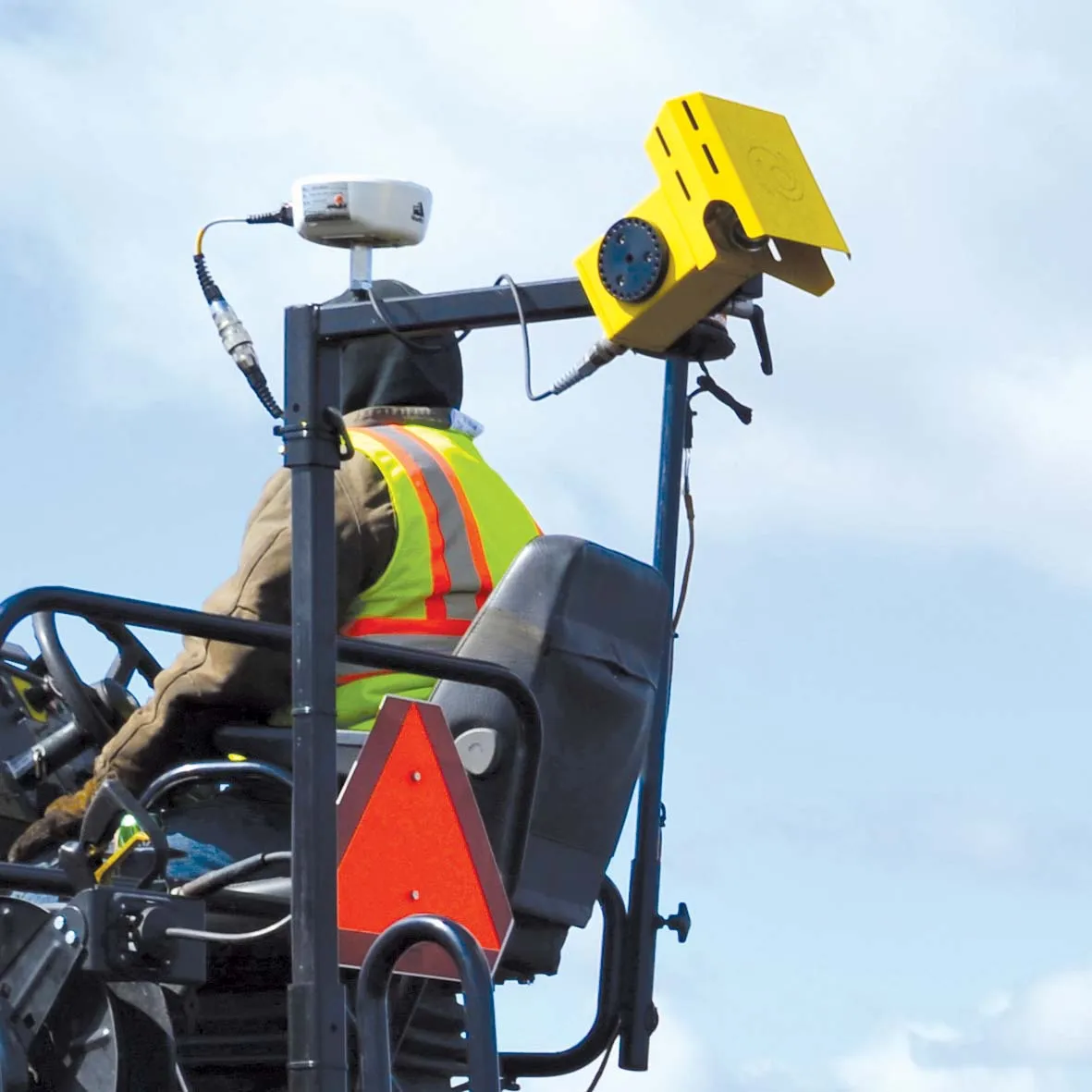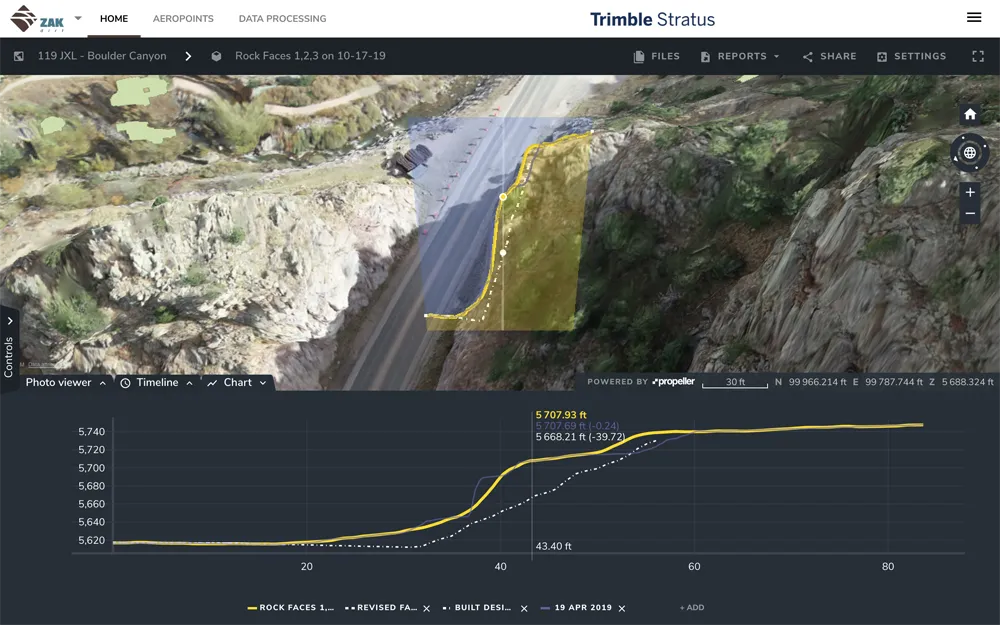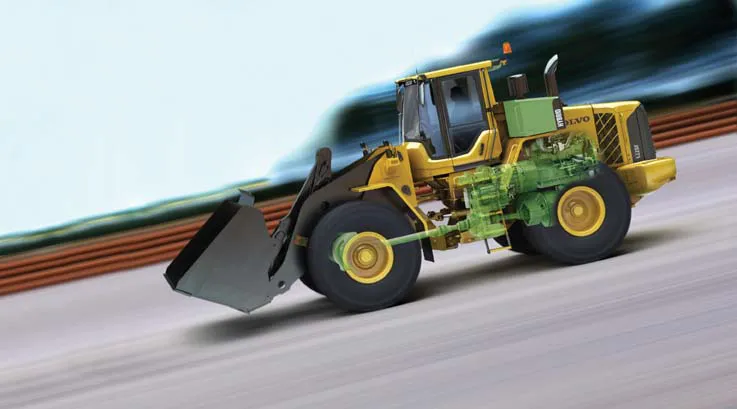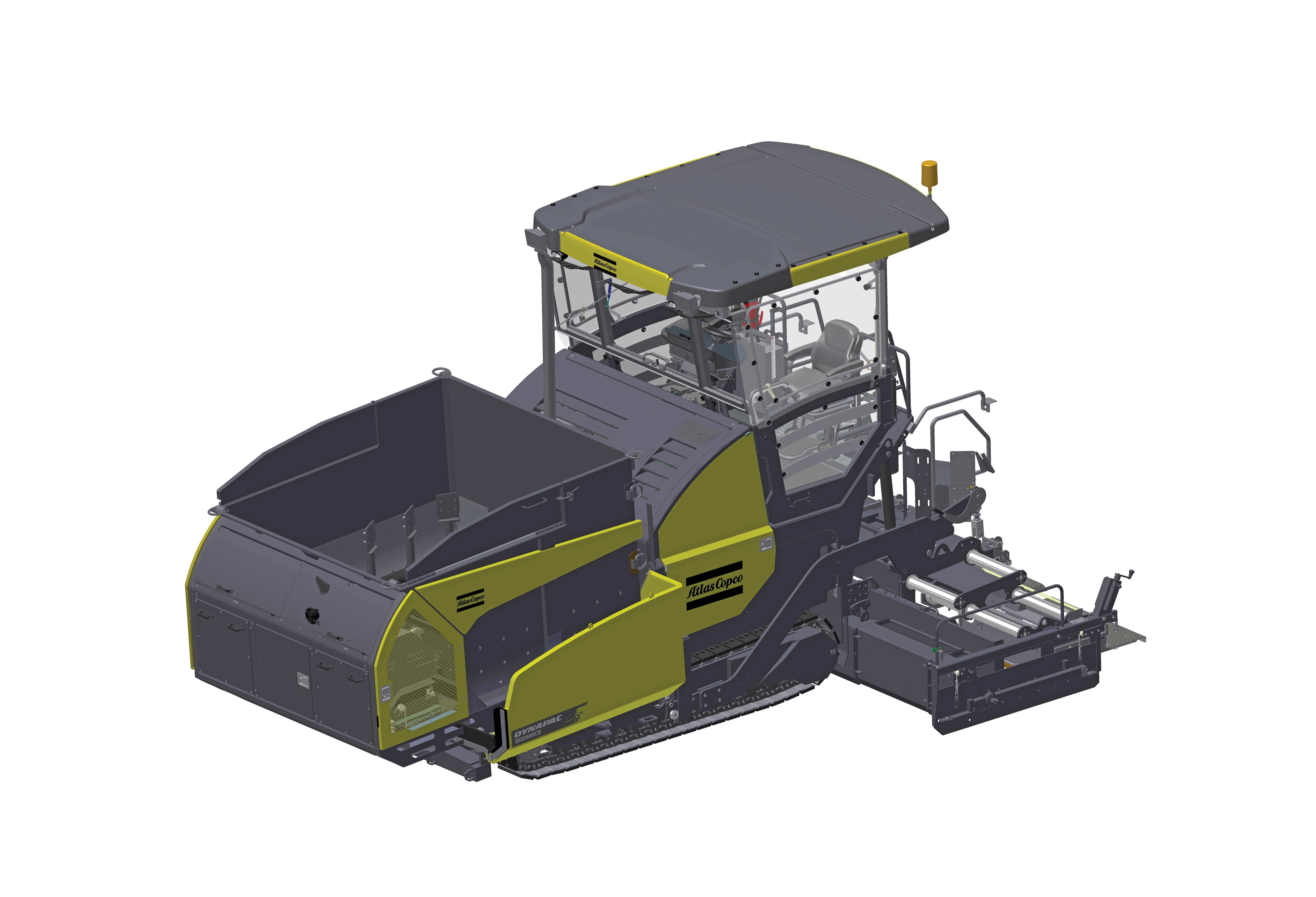A road construction project in Minnesota has benefited from improved quality control by using the new PAVE-IR heat scanning technology developed by German firm MOBA.
Resurfacing work on Highway 29 near Alexandria, Minnesota called for around 50km of the road surface to be repaved. The contractor, Central Specialities, opted to optimise quality by employing the sophisticated PAVE-IR control package from MOBA. The system monitors mat temperature during paving, providing an accurate picture of work quality
October 1, 2014
Read time: 2 mins

A road construction project in Minnesota has benefited from improved quality control by using the new PAVE-IR heat scanning technology developed by German firm 1228 MOBA.
Resurfacing work on Highway 29 near Alexandria, Minnesota called for around 50km of the road surface to be repaved. The contractor, Central Specialities, opted to optimise quality by employing the sophisticated PAVE-IR control package from MOBA. The system monitors mat temperature during paving, providing an accurate picture of work quality.
This was the first time the PAVE-IR technology was used in the state, allowing the Minnesota Department of Transportation to collect and evaluate temperature data during paving. The scanner is mounted on the back of the machine and measures the temperature over the entire paving width. The surface temperature can be recorded continuously and displayed as a profile on the machine’s control panel, highlighting changes made by variations in processes or showing where temperature differentials exceed specifications. All information is stored locally and via wireless communication to a server and can be viewed with the Pave Project Manager software package, for use as proof of quality. Where an asphalt mat has large fluctuations in temperatures, this may have adverse effects on compaction uniformity and material density or can indicate material segregation, either of which can lead to premature failure.
Testing shows that the service life of a road increases where segregation is minimised. This, in turn, means that maintenance and resurfacing costs drop dramatically if the asphalt is paved at the correct, uniform temperature. In this instance, signs of wear then do not occur until later and the road needs to be repaved less frequently.
This has been verified in studies undertaken by the2347 Texas Transportation Institute, performed using the earlier generation PAVE-IR system, with a sensor beam behind the screed. In Minnesota temperature data has been collected and evaluated by the Department of Transportation for four years. By the end of 2014 a total of 20 projects will have employed thermal data collection systems, using either the newer PAVE-IR scanner or the earlier beam variant.
Resurfacing work on Highway 29 near Alexandria, Minnesota called for around 50km of the road surface to be repaved. The contractor, Central Specialities, opted to optimise quality by employing the sophisticated PAVE-IR control package from MOBA. The system monitors mat temperature during paving, providing an accurate picture of work quality.
This was the first time the PAVE-IR technology was used in the state, allowing the Minnesota Department of Transportation to collect and evaluate temperature data during paving. The scanner is mounted on the back of the machine and measures the temperature over the entire paving width. The surface temperature can be recorded continuously and displayed as a profile on the machine’s control panel, highlighting changes made by variations in processes or showing where temperature differentials exceed specifications. All information is stored locally and via wireless communication to a server and can be viewed with the Pave Project Manager software package, for use as proof of quality. Where an asphalt mat has large fluctuations in temperatures, this may have adverse effects on compaction uniformity and material density or can indicate material segregation, either of which can lead to premature failure.
Testing shows that the service life of a road increases where segregation is minimised. This, in turn, means that maintenance and resurfacing costs drop dramatically if the asphalt is paved at the correct, uniform temperature. In this instance, signs of wear then do not occur until later and the road needs to be repaved less frequently.
This has been verified in studies undertaken by the









